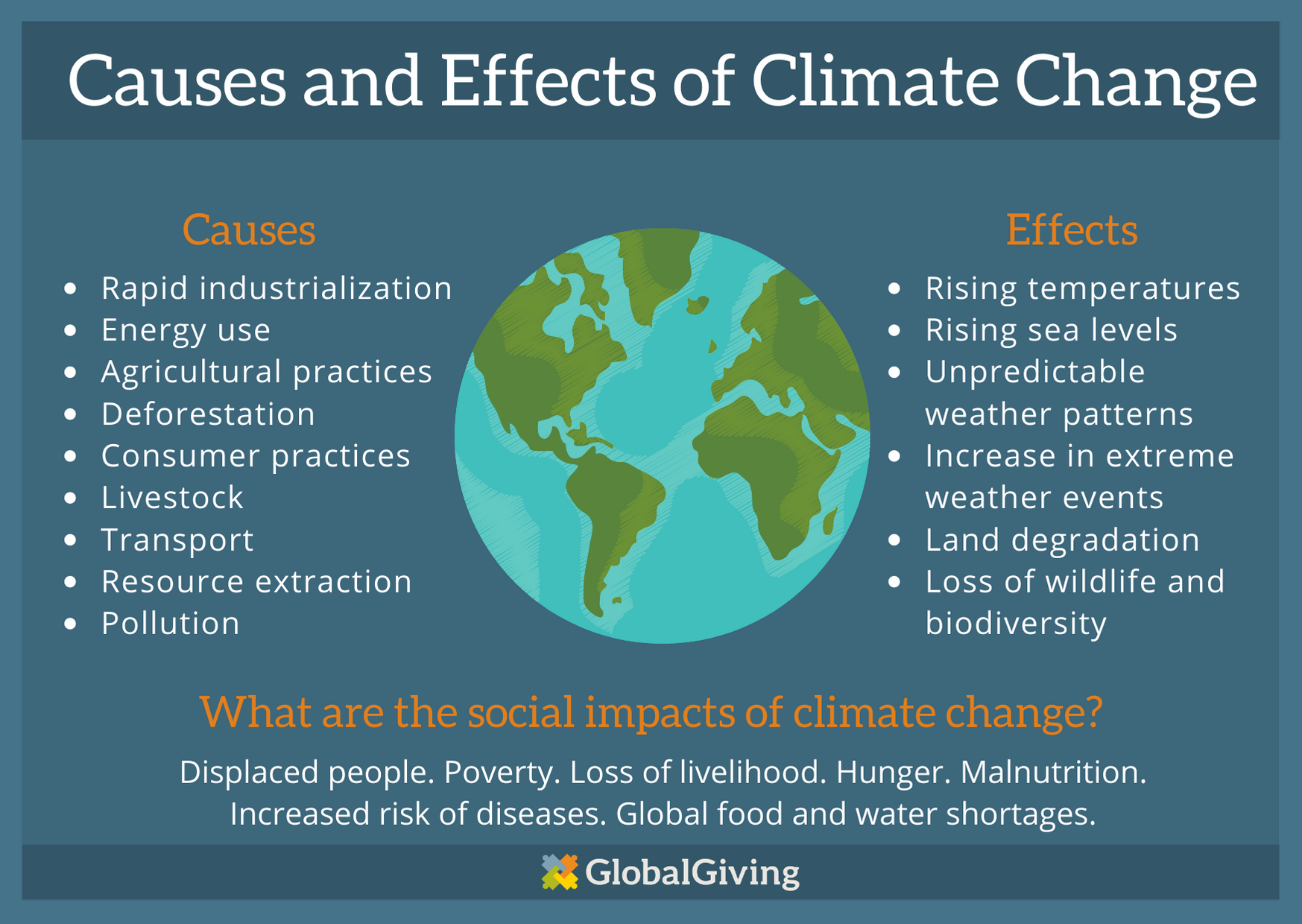Introduction
Climate change is the defining challenge of our time, and its consequences are felt globally. From more frequent and severe weather events to rising sea levels and changing ecosystems, the impacts of climate change are undeniable. However, what often goes unnoticed is the unequal distribution of these impacts. While climate change affects everyone to some extent, it does not do so equally. Vulnerable communities, often those who have contributed the least to greenhouse gas emissions, bear the brunt of the crisis. This is where the concept of climate justice comes into play.
What is Climate Justice?
Climate justice is a framework that seeks to address the inequitable distribution of the burdens and benefits of climate change. It recognizes that climate change is not just an environmental issue but also a social and ethical one. At its core, climate justice asserts that those who are least responsible for causing climate change should not suffer the worst consequences.
The idea of climate justice emphasizes several key principles:
Equity: Climate justice calls for fairness in the distribution of both the impacts of climate change and the resources available to mitigate and adapt to those impacts. It acknowledges that historical and ongoing inequalities have led to differing levels of vulnerability to climate change.
Inclusion: It emphasizes the importance of involving affected communities in decision-making processes related to climate policy and adaptation efforts. This ensures that the voices of marginalized groups are heard and their needs are addressed.
Responsibility: Climate justice holds those who are most responsible for greenhouse gas emissions accountable for their actions. This includes governments, corporations, and individuals who have contributed significantly to the problem.
Solidarity: The concept of climate justice encourages global cooperation and support for vulnerable communities. It recognizes that climate change is a shared challenge that requires collective action.
The Inequities of Climate Impact
To understand the importance of climate justice, we must first acknowledge the stark inequities in climate impact that exist today:
Disproportionate Vulnerability: Vulnerable communities, including low-income neighborhoods, indigenous peoples, and communities of color, are more likely to be exposed to the negative effects of climate change. They often live in areas with poor infrastructure, making them less resilient to extreme weather events.
Health Disparities: Climate change exacerbates existing health disparities. Increased heatwaves, air pollution, and the spread of vector-borne diseases disproportionately affect marginalized communities.
Economic Inequality: Climate-related disasters can lead to significant economic losses. Vulnerable populations have fewer resources to cope with these losses and often lack insurance or access to recovery assistance.
Loss of Livelihoods: Many communities depend on agriculture, fishing, or other natural resources for their livelihoods. Climate change can disrupt these industries, leading to job losses and economic instability.
Forced Migration: Rising sea levels and extreme weather events can force communities to migrate. Those who are displaced face the challenge of finding new homes and adapting to unfamiliar environments.
Addressing Inequities in Climate Impact
Now that we understand the inequities in climate impact, it’s imperative to explore how we can address these disparities through climate policy and advocacy:
Emission Reduction: The first step in addressing climate justice is to reduce greenhouse gas emissions. This involves transitioning to renewable energy sources, promoting energy efficiency, and regulating emissions from industries. Policymakers must prioritize emissions reductions to prevent further harm to vulnerable communities.
Adaptation and Resilience: Climate policies should prioritize the development of strategies that enhance the resilience of vulnerable communities. This includes improving infrastructure, disaster preparedness, and ensuring access to clean water and food during extreme events.
Inclusive Decision-Making: Engaging marginalized communities in the decision-making process is crucial. Climate policies and initiatives should reflect the needs and perspectives of those most affected. This can be achieved through community consultations, representation in decision-making bodies, and increased access to information.
Green Jobs and Economic Equity: Climate action can also be an opportunity to address economic disparities. Investing in green technologies and industries can create job opportunities in marginalized communities and promote economic equity.
Global Cooperation: Climate change is a global challenge that requires international cooperation. Wealthy nations should provide financial support to developing countries to help them adapt to the impacts of climate change and transition to sustainable development pathways.
Conclusion
Climate justice is not an abstract concept but a fundamental principle that should guide our response to the climate crisis. Addressing the inequities in climate impact is not only a moral imperative but also essential for achieving long-term sustainability. By prioritizing equity, inclusion, responsibility, and solidarity in our climate policies and advocacy efforts, we can work towards a more just and resilient world for all. Climate change affects us all, but it doesn’t affect us all equally. It’s time to ensure that no one is left behind in the fight against climate change.





